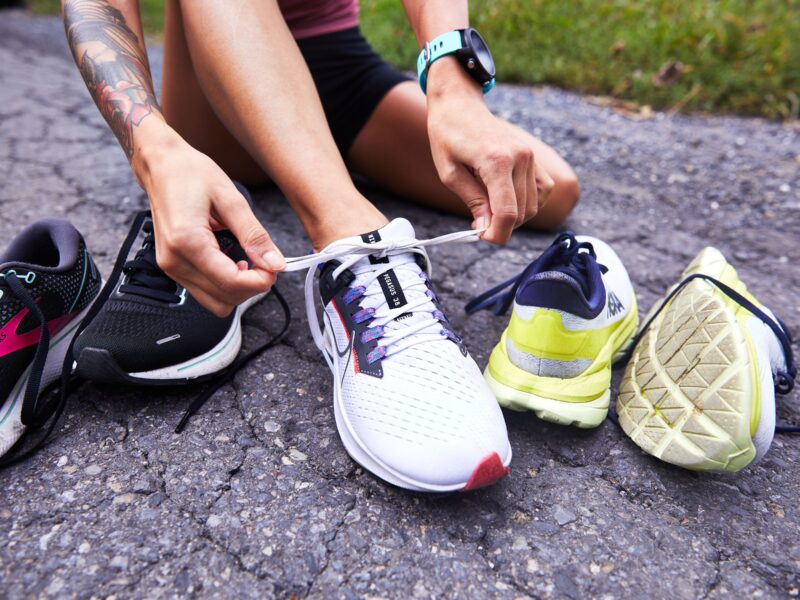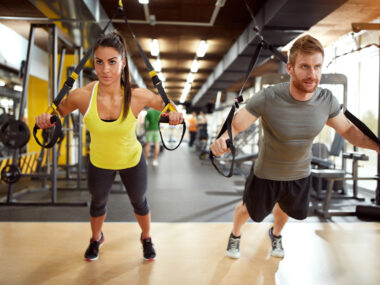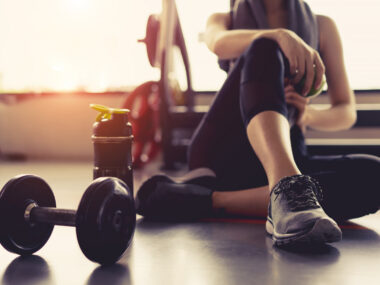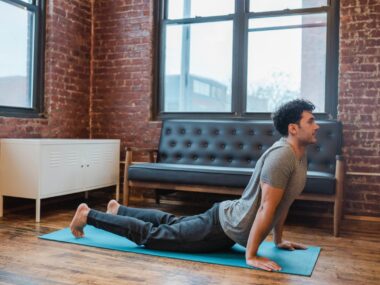Investing in proper footwear is crucial for maintaining foot health, preventing injuries, and optimizing performance during workouts. Good quality shoes offer support, cushioning, and stability, reducing the risk of strain and discomfort. In this guide, we’ll delve into the importance of choosing the right footwear for various types of workouts and provide tips on selecting shoes that meet your needs.
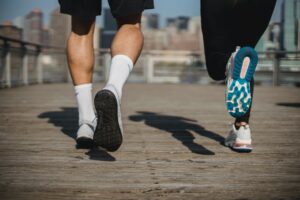
- The Importance of Proper Footwear:
Proper footwear is essential for several reasons:
- Support: Good quality shoes provide support to the arches, heels, and ankles, distributing impact evenly and reducing the risk of overpronation or supination.
- Cushioning: Shoes with adequate cushioning absorb shock, minimizing pressure on the feet and joints and reducing the risk of impact-related injuries.
- Stability: Quality shoes offer stability during workouts, preventing ankle rolling or twisting and reducing the risk of falls or sprains.
- Protection: Durable materials and reinforced construction in good quality shoes protect the feet from external hazards, ensuring long-lasting comfort and performance.
- Choosing the Right Shoes for Different Workouts:
Different workouts require specific types of footwear:
- Running: Look for running shoes with ample cushioning, support, and stability, tailored to your foot type and running gait.
- Weightlifting: Opt for weightlifting shoes with a flat, non-compressible sole and minimal cushioning for stability and power transfer.
- Cross-Training: Choose cross-training shoes with moderate cushioning, support, and flexibility for versatility across various exercises.
- High-Intensity Interval Training (HIIT): Select lightweight training shoes with responsive cushioning and multidirectional traction for dynamic movements.
- Walking: Pick walking shoes with shock-absorbing midsoles, cushioned insoles, and supportive heel counters for comfort and support during extended walks.
- Tips for Selecting Quality Shoes:
Follow these tips when shopping for athletic shoes:
- Get Properly Fitted: Have your feet professionally measured to determine your correct shoe size and width.
- Consider Your Foot Type: Take into account your foot type and any specific biomechanical issues or conditions you may have.
- Test for Comfort: Walk around the store to test for comfort, fit, and flexibility, ensuring a snug yet comfortable fit.
- Check for Quality Construction: Examine the construction and materials of the shoes for durability, flexibility, and breathability.
- Replace When Necessary: Monitor the condition of your shoes regularly and replace them as needed to maintain optimal performance and comfort.
Conclusion:
Investing in good quality shoes that provide support, cushioning, and stability is essential for preventing injuries and maximizing performance during workouts. By choosing the right footwear tailored to your specific needs and preferences, you can ensure that your feet stay happy, healthy, and injury-free during all your fitness endeavors.
